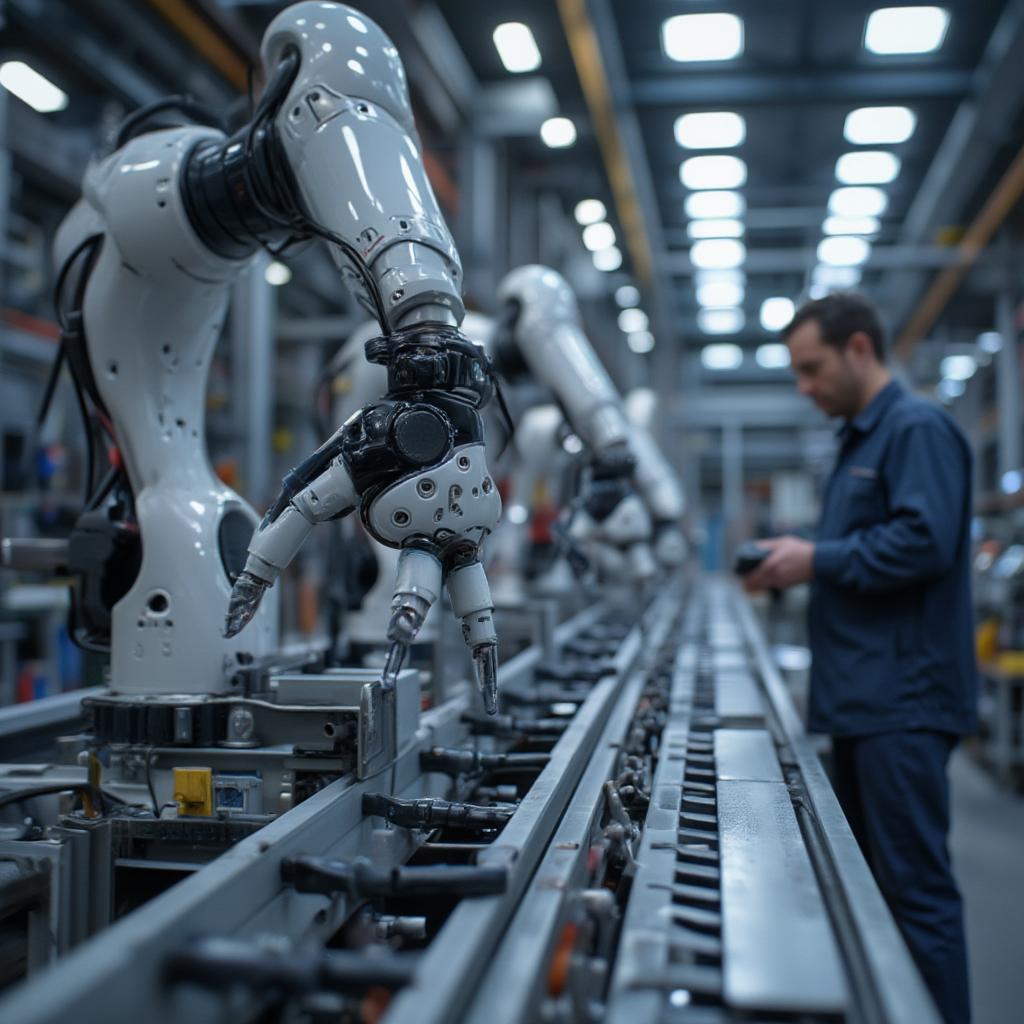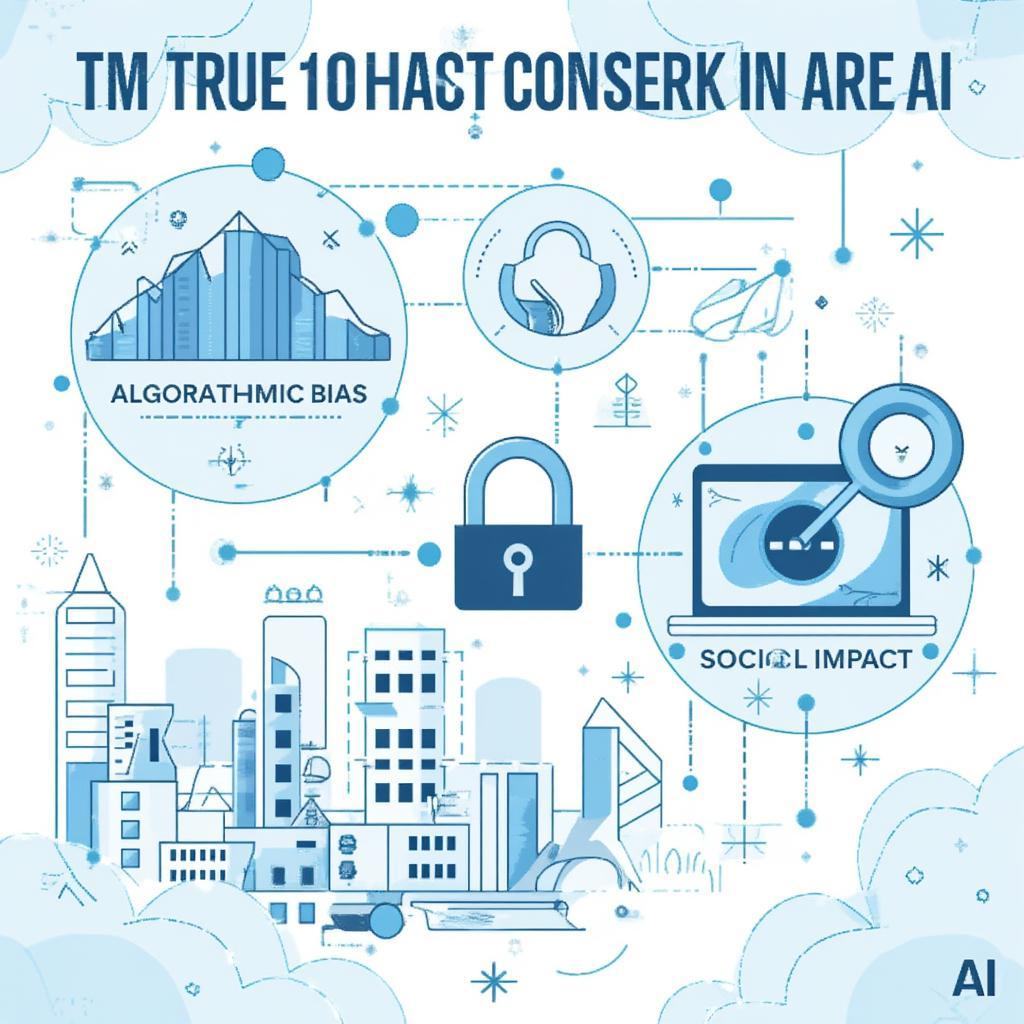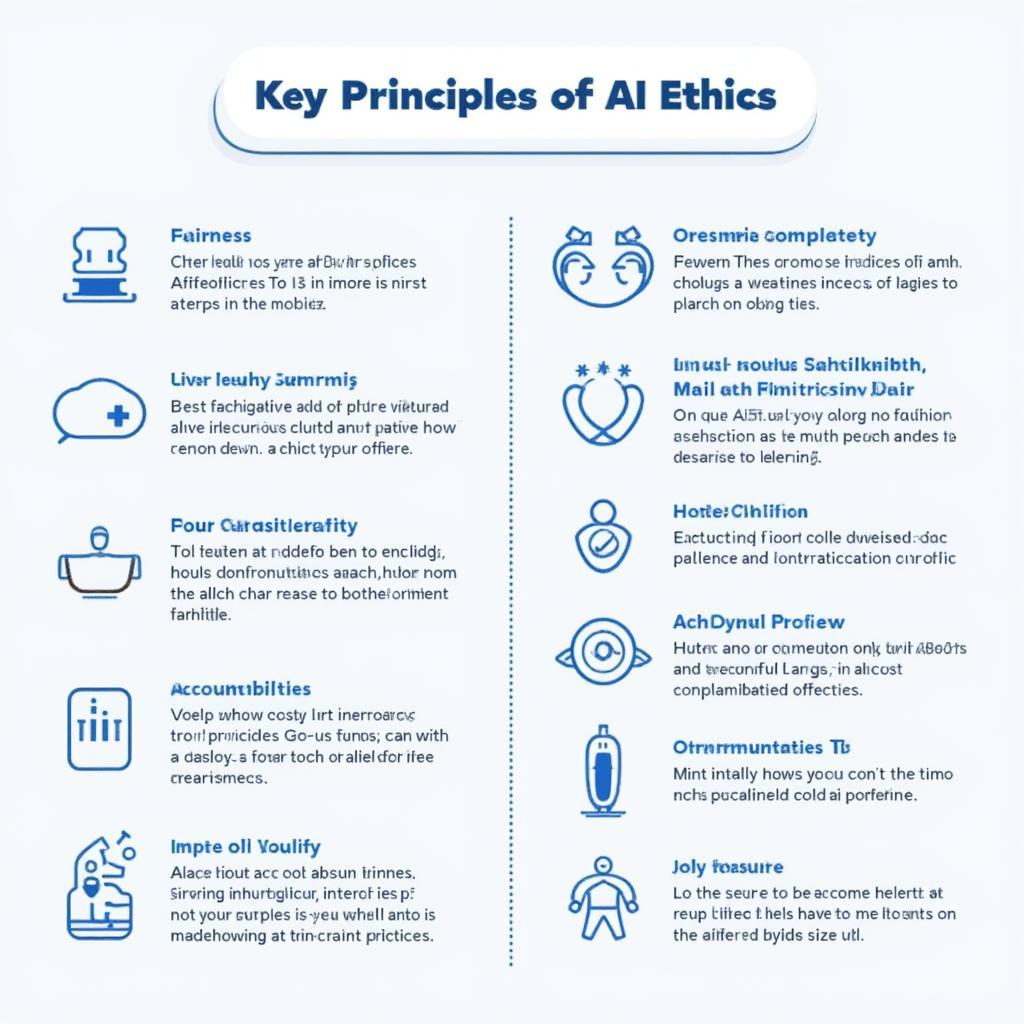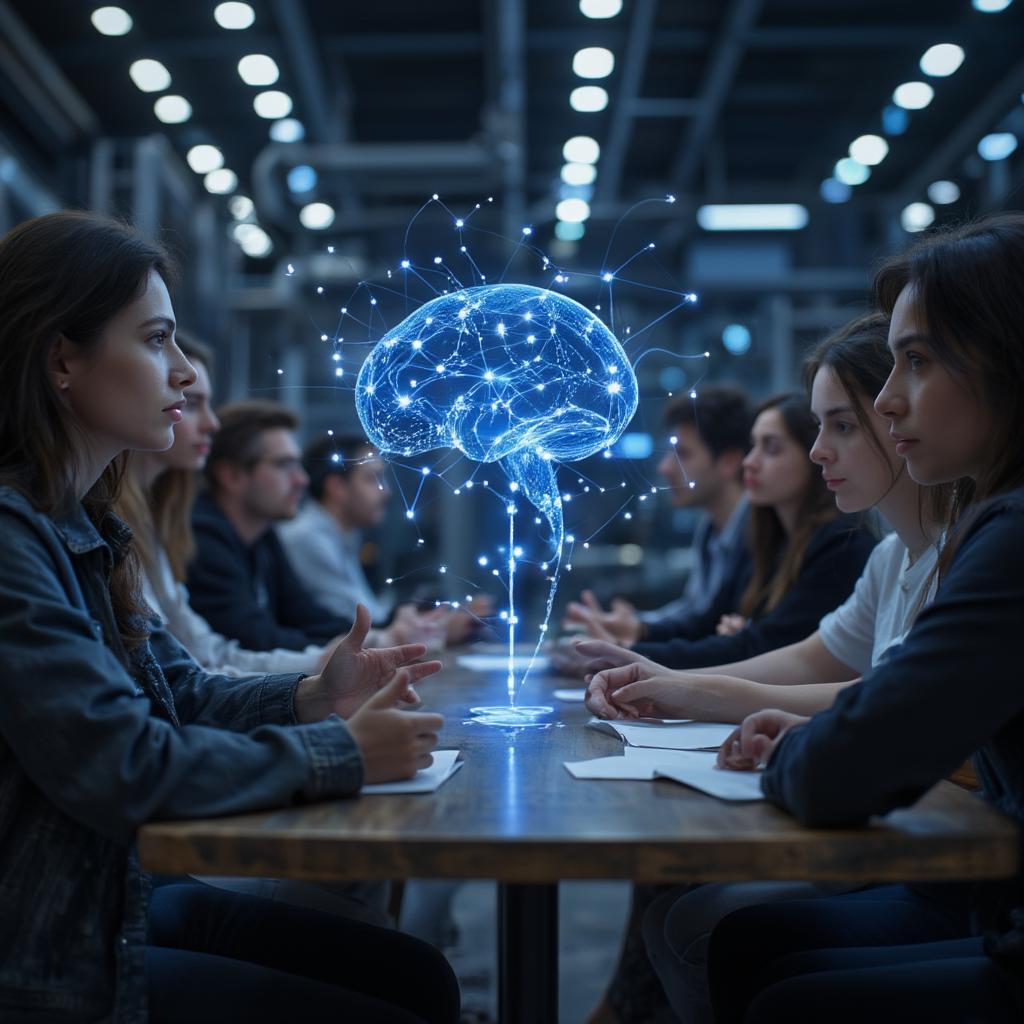AI Taking Over Jobs Examples: Separating Fact from Fiction

The fear of AI taking over jobs is a recurring theme in modern society, fueled by both legitimate concerns and sensationalized narratives. This article delves into concrete examples of AI’s impact on the job market, examining where AI is truly replacing human workers and where it’s augmenting their capabilities. We’ll explore the ethical implications of this technological shift and offer insights into navigating this evolving landscape.
Automation Anxiety: Real-World Examples of AI Job Displacement
While the idea of robots replacing humans might conjure images of science fiction, AI-driven automation is already impacting various industries. One prominent example is in manufacturing, where robots have been a fixture for decades. However, advancements in AI are enabling these robots to perform more complex tasks, reducing the need for human intervention in assembly lines and quality control. Customer service is another sector experiencing significant change. AI-powered chatbots are increasingly handling routine inquiries, freeing up human agents to address more complex customer issues. Even traditionally white-collar professions like data entry and analysis are seeing automation through AI algorithms capable of processing vast amounts of data with speed and accuracy. The financial sector utilizes AI for tasks like fraud detection and algorithmic trading, minimizing the need for human analysts in certain roles. Transportation is on the cusp of transformation with the development of self-driving vehicles, potentially displacing truck drivers, taxi drivers, and delivery drivers in the future.
Is Your Job Safe? Identifying Roles Vulnerable to AI
Understanding which jobs are most susceptible to AI takeover requires analyzing the tasks involved. Jobs that involve repetitive, predictable tasks based on clearly defined rules are prime candidates for automation. This includes roles like factory workers, telemarketers, and data entry clerks. However, jobs requiring creativity, critical thinking, complex problem-solving, and emotional intelligence are less likely to be fully automated in the near future. Examples include doctors, nurses, teachers, social workers, and artists.

AI as a Collaborator: Examples of Human-AI Augmentation
The narrative of AI as a job destroyer often overlooks its potential as a powerful tool for human augmentation. AI can enhance human capabilities, allowing us to perform tasks more efficiently and effectively. In healthcare, AI assists doctors in diagnosing diseases by analyzing medical images and identifying patterns that might be missed by the human eye. AI-powered tools can also personalize treatment plans and monitor patient progress. In the legal profession, AI can assist lawyers with legal research, contract review, and due diligence, freeing up time for more strategic work. Journalists are using AI to transcribe interviews, analyze data, and even generate basic news reports, allowing them to focus on in-depth investigative journalism. Even in creative fields like music and art, AI tools are emerging as collaborators, providing artists with new ways to express themselves and explore their creativity.
The Power of Partnership: How AI Can Enhance Productivity
By automating mundane tasks and providing insights from vast datasets, AI empowers humans to focus on higher-level thinking and problem-solving. This collaboration leads to increased productivity, improved decision-making, and the potential for innovation across various industries. For example, architects can use AI to generate building designs based on specific parameters, allowing them to explore a wider range of possibilities and optimize for efficiency and aesthetics.
Navigating the Future of Work: Ethical Considerations of AI and Jobs
The increasing integration of AI into the workforce raises important ethical considerations. One key concern is the potential for job displacement and economic inequality. As AI takes over certain roles, workers in those fields may face unemployment or the need to reskill for new positions. Ensuring a just transition for these workers is crucial. Another concern is bias in AI algorithms. If AI systems are trained on biased data, they can perpetuate and even amplify existing societal biases, leading to unfair outcomes in hiring, lending, and other areas. Addressing bias in AI is essential for creating a fair and equitable future. Finally, the question of human control and accountability in AI systems is paramount. As AI systems become more sophisticated, it’s crucial to ensure that humans remain in control and are accountable for the decisions made by these systems.
“The future is not about humans vs. AI, but humans with AI. The key is to leverage AI’s strengths to augment human capabilities and address societal challenges.” – Dr. Eleanor Vance, AI Ethics Researcher, Future of Work Institute.
“Addressing the ethical implications of AI is not just a technical challenge, but a societal imperative. We must ensure that AI is developed and deployed in a way that benefits all of humanity.” – Professor David Chen, Director of the Center for Responsible AI, Stanford University.

Conclusion
AI is undeniably transforming the job market, both by replacing some roles and augmenting others. Understanding the specific examples of AI’s impact is crucial for navigating this changing landscape. While concerns about job displacement are valid, the potential for human-AI collaboration to enhance productivity and innovation is immense. By addressing the ethical considerations surrounding AI development and deployment, we can ensure that this powerful technology is used to create a more equitable and prosperous future for all. The future of work hinges on our ability to embrace AI responsibly and ethically, fostering a partnership between humans and machines that benefits society as a whole. Focusing on reskilling and upskilling initiatives will be paramount to equip individuals with the necessary skills to thrive in an AI-driven world. The conversation around “Ai Taking Over Jobs Examples” must shift from fear to proactive adaptation and ethical development.




